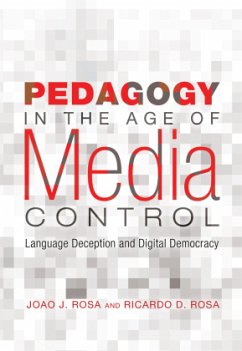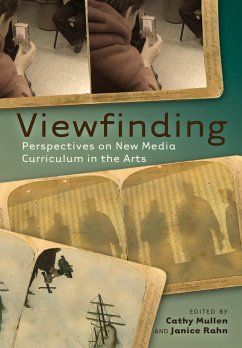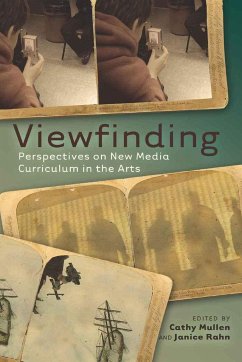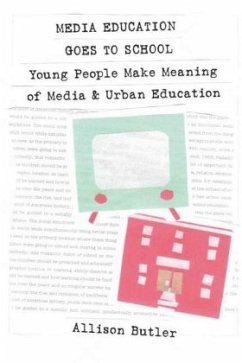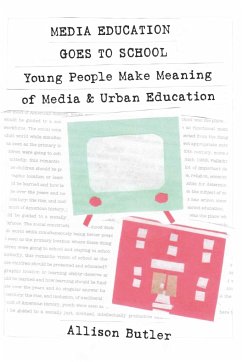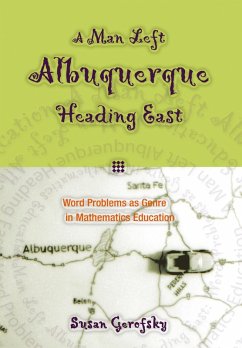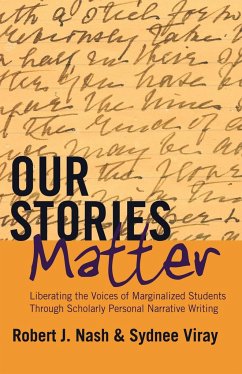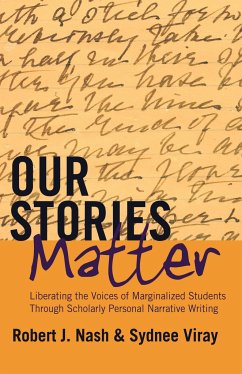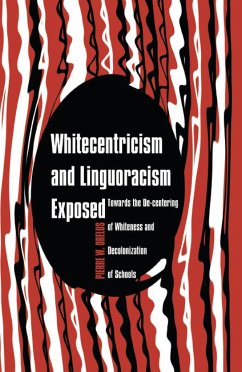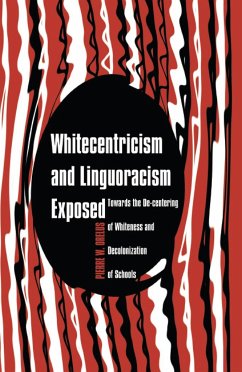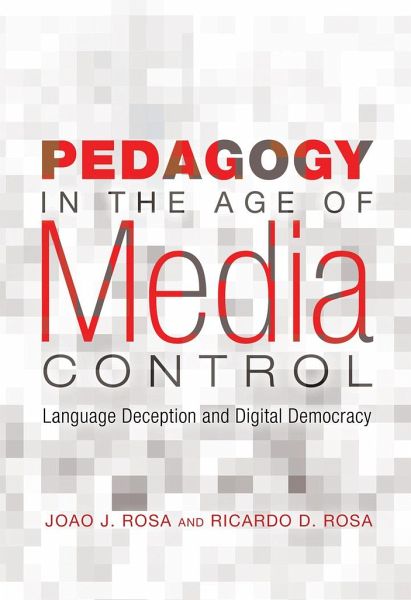
Pedagogy in the Age of Media Control
Language Deception and Digital Democracy

PAYBACK Punkte
0 °P sammeln!
Supported by critical theoretical frameworks, this book is a purposeful engagement with bodies of knowledge rooted in popular culture, yet routinely excluded from "common sense" visions of curriculum. Aimed at teachers as well as teacher-educators, the book examines areas such as Disney, African American stand-up comedy, intersections of film/disability and race, as well as video games. Going beyond an engagement with theory, through the use of these alternative curricular epistemologies the authors provide sample lesson plans that clearly illustrate the possibilities of a more critical yet pe...
Supported by critical theoretical frameworks, this book is a purposeful engagement with bodies of knowledge rooted in popular culture, yet routinely excluded from "common sense" visions of curriculum. Aimed at teachers as well as teacher-educators, the book examines areas such as Disney, African American stand-up comedy, intersections of film/disability and race, as well as video games. Going beyond an engagement with theory, through the use of these alternative curricular epistemologies the authors provide sample lesson plans that clearly illustrate the possibilities of a more critical yet permeable outlook on curriculum, with the ultimate aim of fragmenting the mythical dichotomy between the world of academics and the lived reality of youth.



